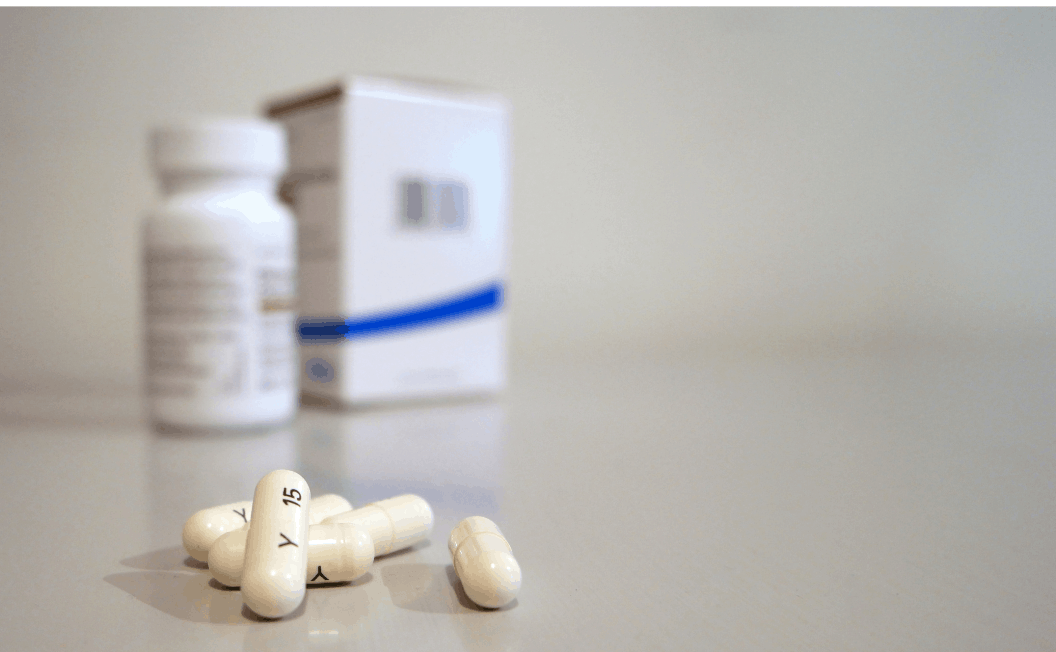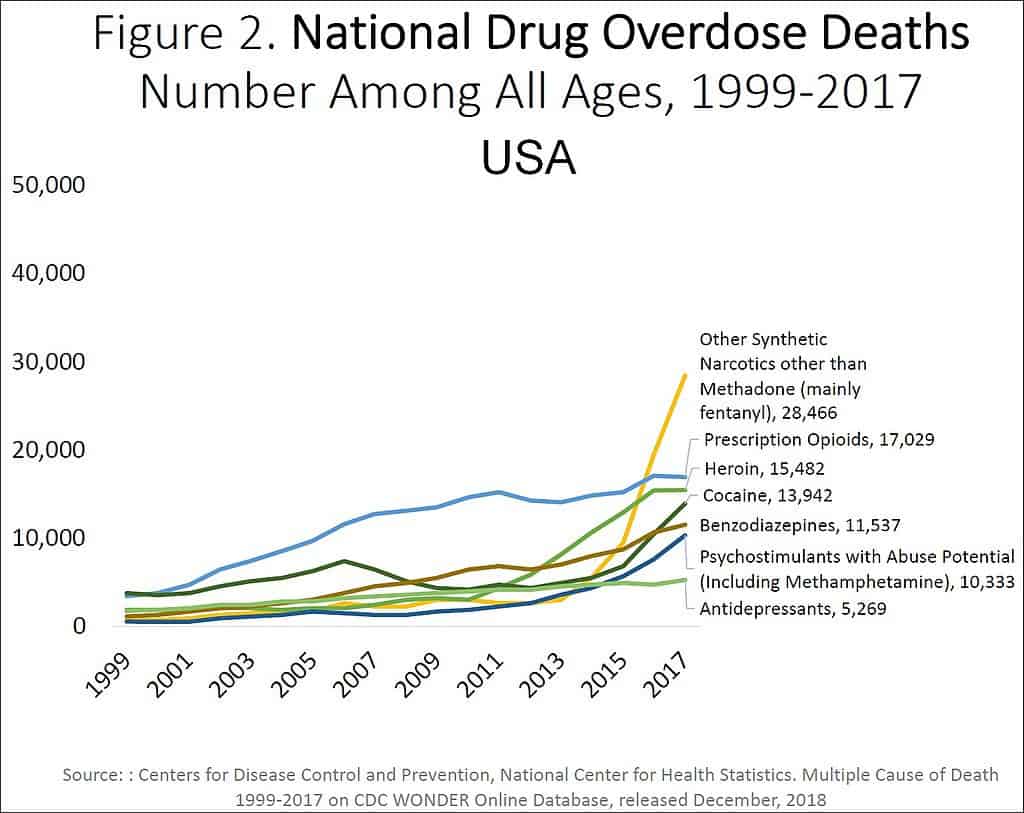
Percocet Addictions
Percocet is a prescription pain killer that combines the synthetic opioid oxycodone with acetaminophen, a common analgesic found in over-the-counter drugs like Tylenol.
Percocet has been classified as a Schedule II drug by the DEA, meaning it has a high potential for abuse and addiction. It is commonly prescribed to patients post-surgery or who are in severe pain, strictly on a short-term basis.
Percocet intercepts pain signals by altering chemical pathways in the brain that are connected with pain sensations. It also depresses core functions of the central nervous system, which are responsible for heart rate, blood pressure, and breathing.
The body’s organic dopamine levels are disrupted when you take a prescription opioid like Percocet. It produces a sense of euphoria when used, resulting in a mental and physical “high.” Consistent misuse of this drug can lead to Percocet addictions in a very short amount of time.
According to the National Center for Biotechnology Information, there were 70,237 recorded drug overdose deaths, and of those deaths, 47,600 involved an opioid like Percocet in 2017 alone.
Percocet Addictions and the High
Percocet can be taken orally or snorted. It produces a high in which the user experiences these symptoms:
Depressed breathing
Impaired coordination
Mental Confusion
Muscle weakness
Loss of balance
Dizziness
Difficulty speaking
Depressed heart rate

Signs of Percocet Addictions and
Percocet Abuse
Percocet addictions can cause irreversible damage or be fatal. There are several indicators that an individual may be abusing this prescription drug. Signs of Percocet abuse can include:
Depression / Serotonin Syndrome
Cardiovascular Issues
Trouble Sleeping
Unconsciousness
Memory loss
Chronic fatigue
Seizures
Death
Percocet Addictions & Treatment
Percocet is extremely addictive and life-threatening if misused or abused. It is extremely important to seek help immediately if you or a loved one is struggling with this addiction. At Asheville Recovery Center, treatment specialists utilize a 12-step program and practice holistic rehabilitation.
Services at Asheville Recovery Center include:
Partial Hospitalization Program – At Asheville Recovery Center we offer a partial hospitalization program for clients who need post-residential treatment as well as for clients who need primary treatment but are unable to enroll in inpatient programs. Our PHP track offers a variety of therapeutic services and benefits to individuals in early recovery from substance addiction. Our day program is full-time, offering all of the clinical hours provided in residential treatment (from 9 am to 5 pm) with the benefit of allowing clients to return home to a structured sober living environment at night. This gives individuals the opportunity to build a community of peers and practice life skills, such as cooking, cleaning, and self-care, while still participating in immersive and intensive clinical addiction and trauma treatment.
Outpatient Rehabilitation – During intensive outpatient treatment, clients live at home or in a sober living residence which can help keep them accountable for their recovery commitment. Our staff coordinates with local, reputable sober living homes to ensure that our clients are living in a safe place and that their needs are being met, even when they are not at clinical sessions. During this time, clients are also encouraged to become involved in local twelve-step fellowships, to find sponsors, and to begin working the steps of recovery through participation in these groups. IOP is a place where clients can process their experiences in twelve-step fellowships and support one another in those individual journeys.
Percocet addictions are difficult to overcome alone. If you feel that you or a loved one is struggling with Percocet Addictions and or Percocet abuse, our trained specialists are on standby and ready to help you. Call (828)518-6996 and speak with one of our addiction experts today.
